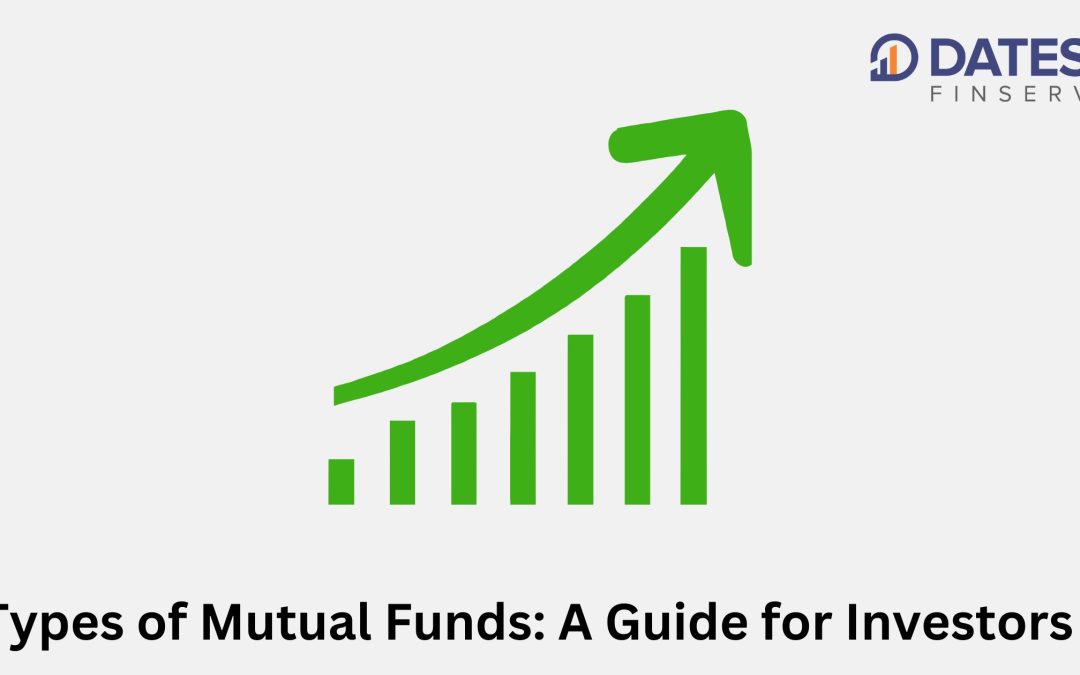Mutual funds are a popular investment option for people of all ages and income levels. They offer a way to diversify your portfolio and reduce your risk, while also providing the potential for growth.
There are many different types of mutual funds available, each with its own unique features and benefits. In this blog post, we will discuss the different types of mutual funds, so you can choose the right one for your investment goals.
Equity Funds
Equity funds are mutual funds that invest in stocks. They are the most common type of mutual fund, and they offer the potential for the highest returns. However, they also carry the most risk.
There are two main types of equity funds: growth funds and income funds. Growth funds invest in stocks that are expected to grow in value over time. Income funds invest in stocks that pay dividends, which are regular payments to shareholders.
Debt Funds
Debt funds are mutual funds that invest in bonds. Bonds are loans that are issued by governments, corporations, or other organizations. When you buy a bond, you are essentially lending money to the issuer.
Debt funds offer lower returns than equity funds, but they also carry less risk. This makes them a good option for investors who are looking for a steady income stream.
Also read it – Dividend Funds: A Guide to Investing for Income
Money Market Funds
Money market funds are mutual funds that invest in short-term debt securities, such as treasury bills and certificates of deposit. These securities are very safe, and they offer very low returns.
Money market funds are a good option for investors who need to keep their money liquid, such as people who are saving for an emergency fund.
Hybrid Funds
Hybrid funds are mutual funds that invest in a combination of stocks, bonds, and other assets. This makes them a good option for investors who want to reduce their risk while still maintaining the potential for growth.
Conclusion
There are many different types of mutual funds available, so it is important to choose the right one for your investment goals. If you are not sure which type of mutual fund is right for you, you should speak with a financial advisor.

